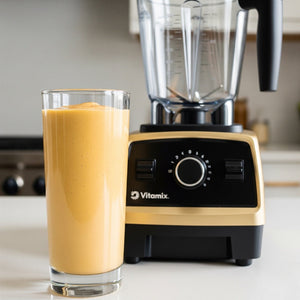
This page contains affiliate links and are asterisked as they appear.
You’ve probably heard me talk about pregnancy once or twice (or maybe more!) in the past year, especially as it pertains to nutrition. While creating my course on pregnancy I was reminded of how our bodies change so much during this time and what it takes to care for mom and baby.
One thing that was consistent for me during this pregnancy and now while I’m breastfeeding was supporting myself with electrolytes. So, what exactly are electrolytes and why are they important? Glad you asked!
Electrolytes are minerals that conduct electrical charges in your body. They also maintain fluid balance, aid in blood flow, regulate blood pressure, contribute to bone development, and influence a wide range of hormones.
The main electrolytes are sodium, chloride, potassium, magnesium, calcium, phosphorus and bicarbonate. In order to maintain good health, you must get enough of these electrolytes through diet and supplementation. This is especially true for pregnant and breastfeeding women, who aren’t only responsible for their own health, but also for the health of their baby.
Salt, or NaCl, is the combined form of the electrolytes sodium and chloride (in nature, they almost always appear together). Adequate salt intake is essential for the developing fetus. How do we know this? Because when you restrict salt during pregnancy there are consequences.
The sad irony is that many folks recommend salt restriction during pregnancy. The claim is that restricting sodium helps women avoid a complication called pre-eclampsia, a condition marked by high blood pressure and swelling of the hands and feet. The data, however, doesn’t support this. One comprehensive review, for instance, found no link between salt intake and pre-eclampsia occurrence. After birth, the child’s salt status influences cognitive development. In one study, higher sodium intakes were linked to better motor function, IQ, and memory in prematurely born infants.
Sodium is also a key component of breast milk. This sodium, of course, is supplied by the mother. Sodium concentrations in human milk are elevated in the early stages of breastfeeding, when the milk takes the form of colostrum—the antibody rich secretion which seeds the infant’s immune system. Some research suggests that, if electrolytes in breast milk are inadequate, it could adversely affect the child’s health down the road.
How much sodium do women need while pregnant or breastfeeding? There’s no accepted standard, but it’s clear that preventing deficiency is a priority. I recommend most folks get at least 5 grams of sodium per day (about 2.5 teaspoons of salt) to avoid low sodium. I probably hit 6 grams a day while breastfeeding and pregnant. What has helped me tremendously has been *LMNT. Not only does it give me the nostalgic feeling of my high school years, drinking sports drinks after soccer games (except without the added junk and sugar), but it gives me all the sodium I need.
Before you try lactation cookies, give *LMNT a try! Get a FREE LMNT sample pack *here (only pay for shipping!) and share your milk supply success stories with me on Instagram!





